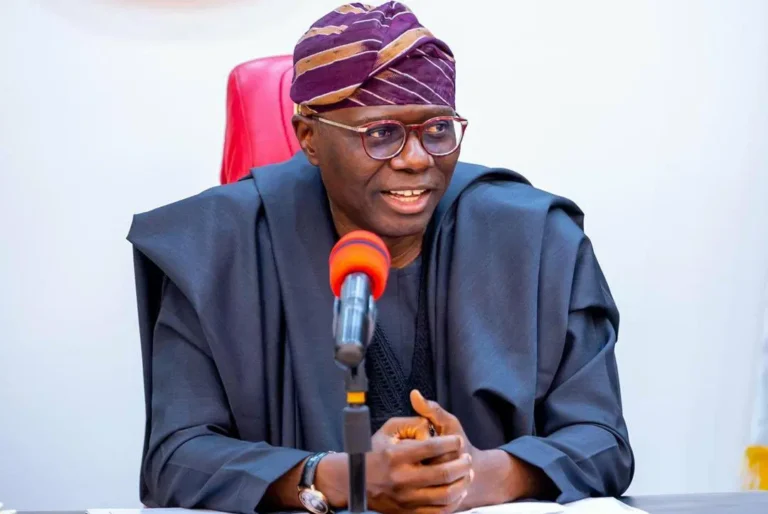
The Minister of State Petroleum Resources (Gas), Mr. Ekperikpe Ekpo, has listed adoption of gas technology and innovation, shaping effective policy frameworks, unlocking financing avenues, nurturing capacity building, and cultivating entrepreneurship as measures that would the future Nigeria’s and Africa’s energy landscape.
Ekpo who was represented by the Permanent Secretary in the ministry, Ambassador Nicholas Agbo, at the opening of the 2024 Africa Gas Innovation Summit, AGIS, in Abuja, noted that as the country embark on this journey, it should be guided by a shared vision of progress, inclusivity, and sustainability.
On his part, the Group CEO, NNPC Limited, Mr. Mele Kyari, said NNPC has in the past few years ramped up investment in the gas sector to ensure improved supply and utilization.
Represented by the Executive Vice President, Gas, Power and New Energies, Olalekan Ogunleye, Kyari said that the NNPC has made major investments in floating LNG and gas pipeline projects.
“Indeed, we are currently participating in three mini LNG projects slated for ground breaking this August. NNPC is also currently leading the federal government’s auto-gas initiative. Aside from the recent commissioning of the 5.2mscf per-day Ilasamaja mother-station CNG plant, the GCEO of NNPC recently announced plans to take FID (final investment decision) within this year and roll out six additional CNG mother-station plants with similar capacity”, he added.
Also speaking at the event, the Director General, National Office for Hydrocarbons and Mines, Morocco, Amina Benkhadra, disclosed that there are currently over $245 billion worth of investment opportunities for the provision of gas infrastructures across the African continent.
Benkhadra said the construction of gas pipelines, gas terminals and gas processing plants presents huge opportunities for investors.
The summit has the theme: “Igniting the Future: Driving Sustainability in Africa’s Energy Landscape through Gas Technology and Innovation”.
She said about $100 billion investments are also needed annually to meet electricity demand on the continent by 2030, noting that the total investment required by the year 2050 could reach $3 trillion.
“And to unlock Africa’s energy future, we will need to develop major infrastructure projects but also at the level of nations and local projects. So, we have to raise the ambitions of Africa’s energy strategy to increase the power generation capacity to deepen the reforms of our energy governance, encourage public partnership, private partnership investment, mobilize those international investments that we have seen just before and contribute to development through technology and innovation approaches”, she added.
Earlier in his welcome address, the Chairman, SPE Nigeria Council, Salahudeen Tahir, observed that Africa’s energy landscape is at a critical juncture, with the imperative need for sustainable solutions.
Tahir explained that “top most challenges in our industry are financing, technological and skills gap, high costs of oil and gas production, infrastructure challenges, global push for transition to cleaner energy as well as security issues.”
SOURCE: VANGUARD




